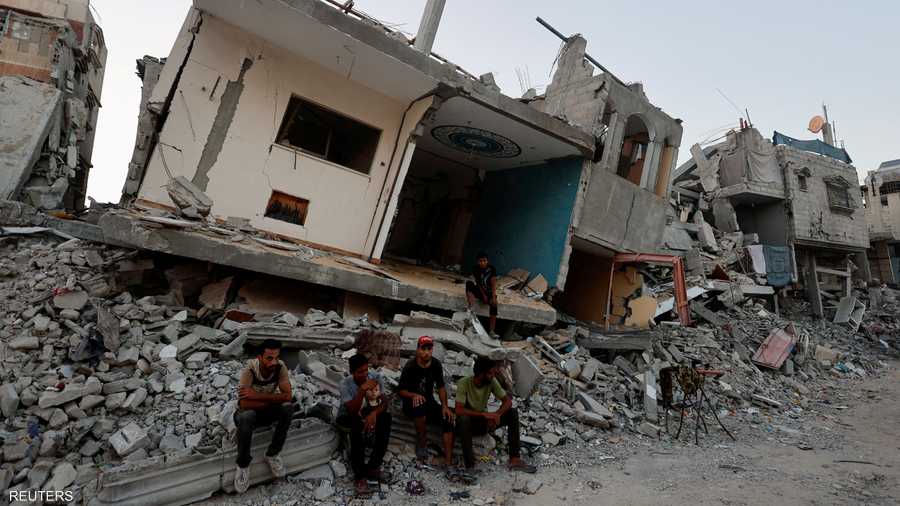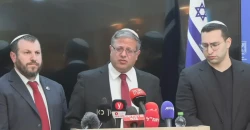Final “take it or leave it” deal: US-Egyptian-Qatari plan to end Gaza war

Shafaq News/ The United States is working with Egypt and Qatar on a final “take it or leave it” deal to end the Gaza war, the Washington Post reported on Monday.
The newspaper cited a senior US official saying that the US is negotiating with Egypt and Qatar on the details of a final agreement, which is expected to be presented in the coming weeks. “You can’t keep negotiating this. This process has to be called at some point,” said the senior official who noted that the countries had been working on the final proposal before the six hostages were discovered dead in a tunnel beneath Rafah in southern Gaza. “Does it derail the deal? No. If anything, it should add additional urgency in this closing phase, which we were already in.”
“If the two sides (Israel and Hamas) fail to accept it, it could mark the end of the American-led negotiations.”
In this context, US officials hope that finding the bodies of the six hostages in Gaza, including American Hersh Goldberg Polin, will renew the urgent need for an agreement, but they have indicated they may withdraw if this does not occur, according to Sky News Arabia.
The Israeli army stated that the six hostages were killed by their captors "shortly before" their discovery, and the senior US official confirmed that the US has a similar assessment, believing all hostages“were shot in the head and executed not long before their bodies were discovered.”
In turn, Hamas, in a statement, blamed Israeli bombings for the deaths, adding that “if President Biden is concerned about their lives, he must stop supporting this enemy with money and weapons and pressure the occupation to end its aggression immediately.”
President Joe Biden and his senior aides have spent several months working to persuade Israel and Hamas to reach an agreement for the release of remaining hostages in exchange for Palestinian prisoners and to establish a ceasefire in Gaza, to lay the groundwork for a lasting end to the conflict.
CIA Director William J. Burns, Secretary of State Antony Blinken, and White House Coordinator for the Middle East coordinator Brett McGurk are among the top US officials who have traveled to the Middle East multiple times, working with Egyptian and Qatari negotiators to try to reach an agreement.
Within Israel, Prime Minister Benjamin Netanyahu faces increasing anger and pressure from hostages’ families demanding an agreement to save their loved ones. Hundreds of thousands of protesters took to the streets nationwide on Sunday night, and Israel's largest labor union called for a general strike on Monday, threatening to shut down the country until Netanyahu agrees to a deal with Hamas for the return of the remaining hostages.
For months, hostages’ families and the opposition have accused Netanyahu of prioritizing his political survival and a victory against Hamas over reaching the long-awaited deal.
“Rhetoric aside, Netanyahu has never prioritized freeing the hostages. For now, he will be under a lot more domestic pressure to accept a cease-fire deal that saves the remaining hostages,” said Frank Lowenstein, a former State Department official. “And if he waits this out, over time fewer living hostages could mean fewer Palestinian prisoners to release and what he sees as a more favorable negotiating position.”





